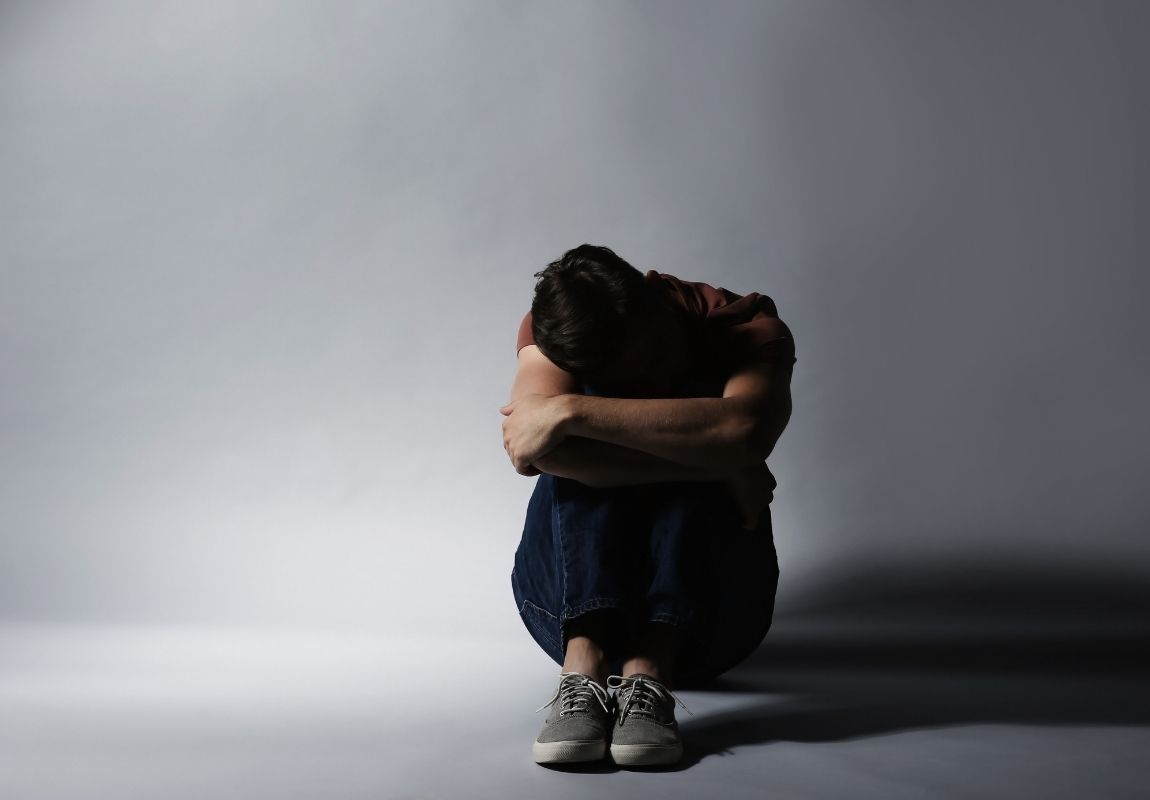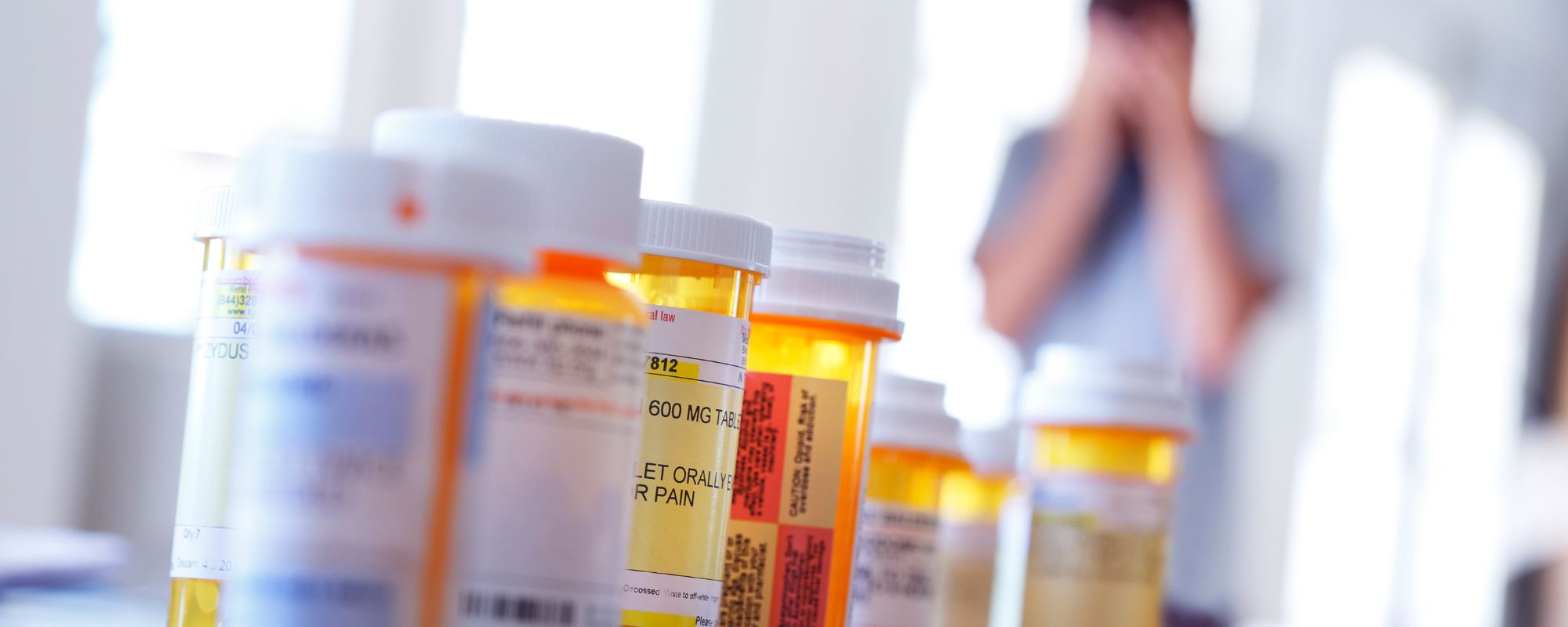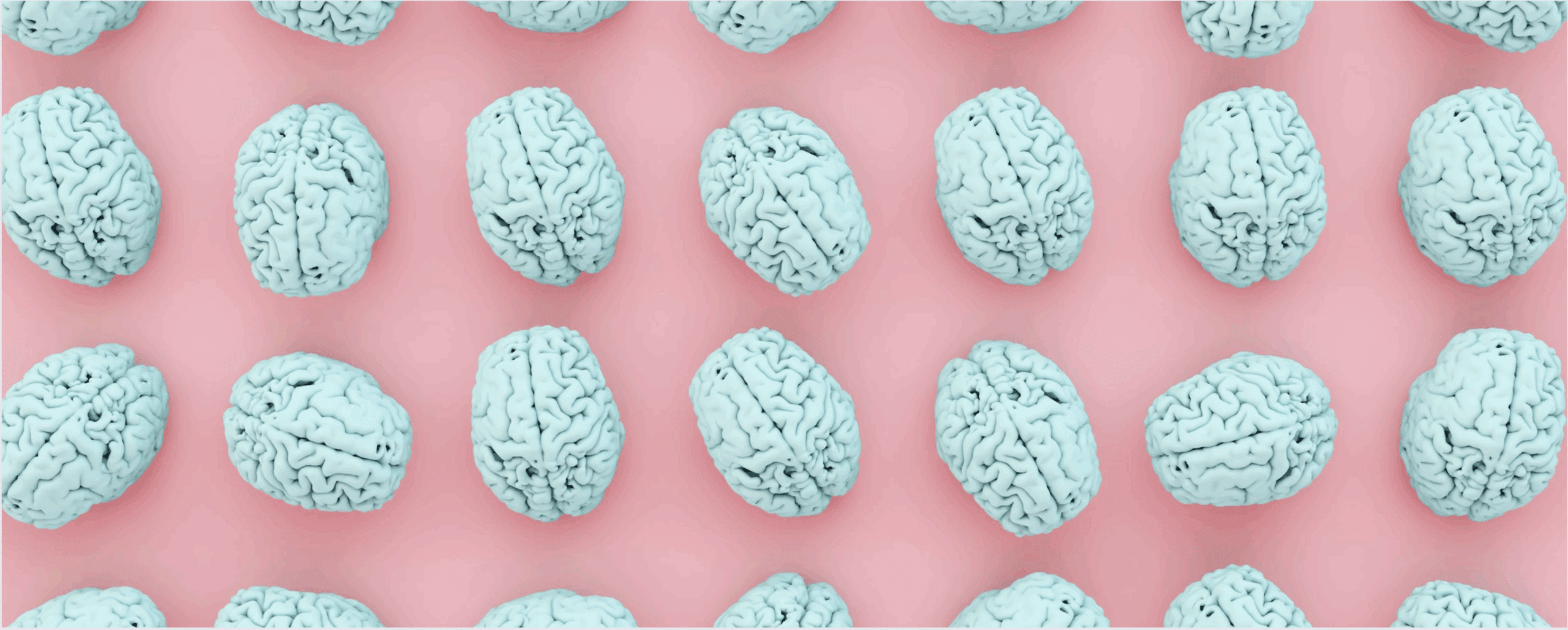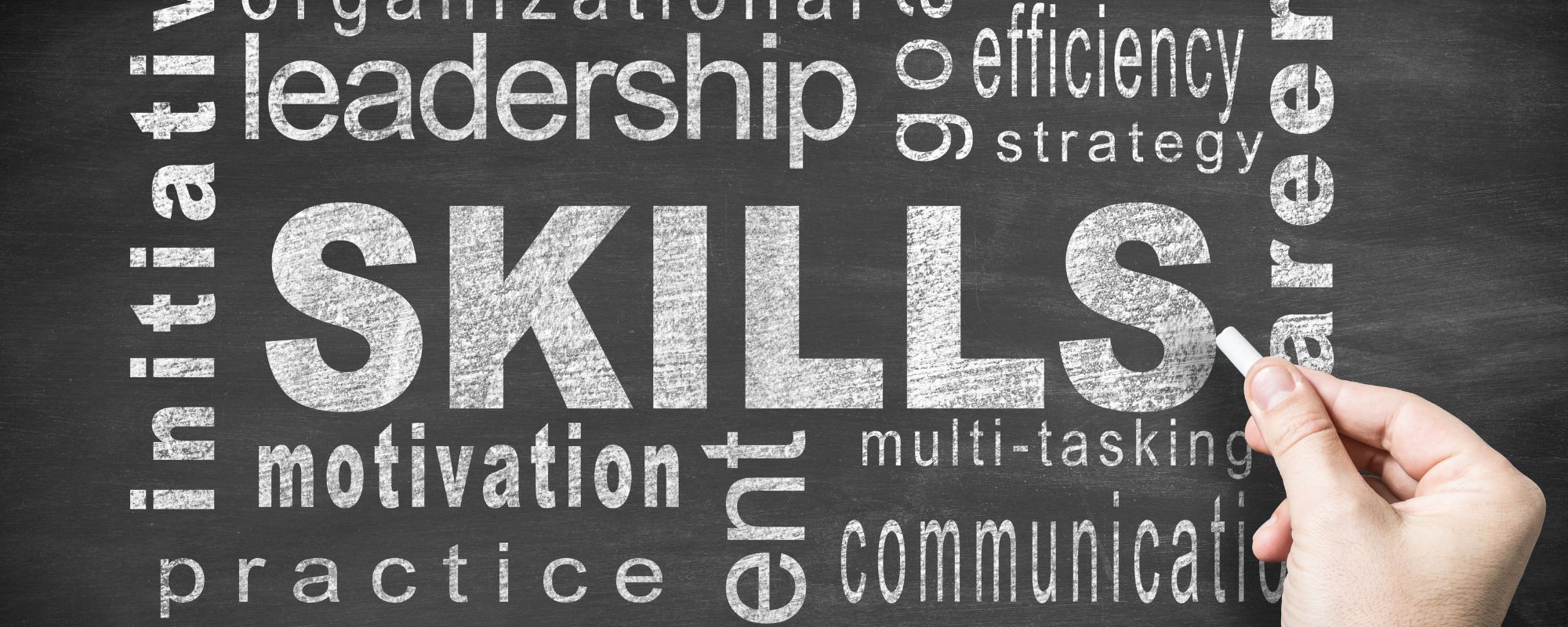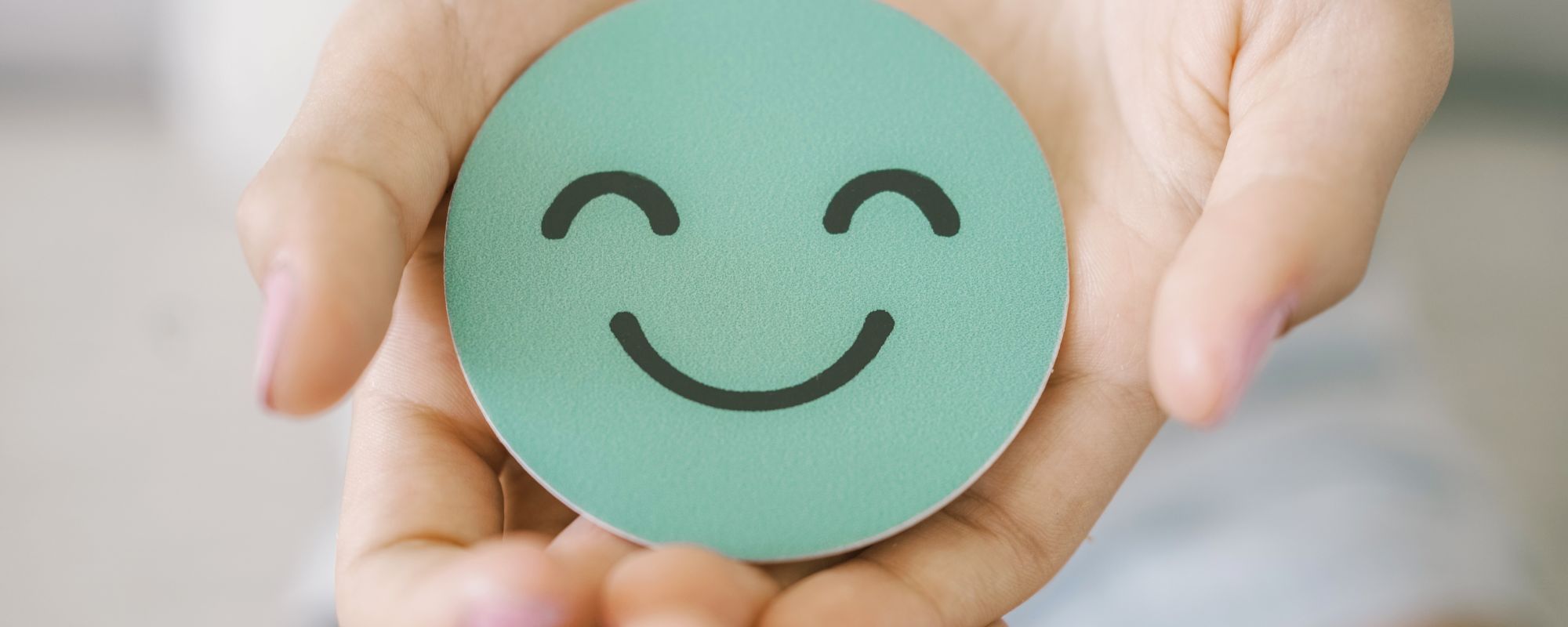Depression is a complex mental health condition that affects millions of people worldwide. Often, individuals struggling with depression may turn to substance abuse as a way to cope with their overwhelming feelings. This destructive cycle can lead to further breakdowns in mental and physical health. Why is there a relationship between depression and substance abuse, and most importantly, how can you break free from the cycle?
What Is Depression?
Depression is a complicated mental health condition that goes beyond occasional feelings of sadness. It’s a mood disorder that involves persistent feelings of hopelessness, sadness, and disinterest in once enjoyable activities. While everyone experiences periods of sadness or low mood, depression involves a prolonged and intense emotional state that impacts daily functioning.
Depression is a widespread and serious global health concern. According to the World Health Organization (WHO), depression affects over 264 million people worldwide, making it one of the leading causes of disability globally. In the United States alone, an estimated 17.3 million adults experienced at least one major depressive episode in 2017. The signs of depression in women are the same as in men, but it’s not a one-size-fits-all condition.
There are various types of depression, each with distinct symptoms and characteristics. By recognizing the differences, you can better understand your own experiences and seek appropriate treatment if needed. Some common types of depression include:
- Major Depressive Disorder (MDD): MDD, also known as clinical depression, is the most common form of depression. It involves persistent feelings of sadness, hopelessness, and loss of interest or pleasure in activities. Symptoms of MDD can vary in severity and duration, but they significantly interfere with daily functioning.
- Persistent Depressive Disorder (PDD): Formerly known as dysthymia, PDD is a chronic form of depression involving long-term, low-grade depressive symptoms lasting for two years or more. While less severe than MDD, PDD can still impair quality of life and lead to functional impairment.
- Bipolar Disorder: Bipolar disorder is a mood disorder characterized by alternating episodes of depression and mania or hypomania. During depressive episodes, individuals experience symptoms similar to MDD. Manic or hypomanic episodes involve elevated mood, increased energy, and impulsivity.
- Seasonal Affective Disorder (SAD): SAD is a subtype of depression that occurs seasonally, typically during the fall and winter months when sunlight exposure is reduced. Symptoms of SAD include low energy, oversleeping, overeating, and social withdrawal, which often resolve with the onset of spring.
- Postpartum Depression (PPD): PPD is a type of depression that occurs after childbirth, affecting approximately 10-15% of new mothers. Hormonal changes, sleep deprivation, and the stress of caring for a newborn can contribute to the onset of PPD, which requires prompt intervention for the well-being of both the mother and baby.
- Psychotic Depression: Psychotic depression is a severe form of depression accompanied by psychotic symptoms such as hallucinations or delusions. Individuals with psychotic depression may experience distorted perceptions of reality, making it essential to receive comprehensive treatment, including medication and therapy.
- Atypical Depression: Atypical depression is characterized by mood reactivity, meaning individuals may experience temporary improvements in mood in response to positive events. Other symptoms may include increased appetite or weight gain, excessive sleepiness, and a heavy feeling in the arms or legs.
- High-Functioning Depression: When Cheslie Kryst, a former Miss USA, died by suicide in 2022, the term “high-functioning depression” gained popularity on social media. In statements to the media, Kryst’s mother said her daughter was dealing with high-functioning depression, “which she hid from everyone.” While not a diagnosis or a recognized clinical disorder, many people relate to feeling like a high-functioning depressed person.
Get confidential help from our addiction and mental health treatment facilities located across the United States. Call to join one of our quality programs today!
Speak With Our Admissions TeamWhy Am I Feeling Depressed?
Feeling sad or down from time to time is a common experience for many people. When these feelings remain for extended periods and begin to interfere with daily life, it may indicate depression.
Depression can arise from a variety of factors, and it’s essential to recognize that it’s not simply a matter of feeling sad or unhappy. Some common causes and contributors to depression include:
- Biological Factors: Changes in brain chemistry, neurotransmitter imbalances, and genetic predispositions can all play a role in the development of depression. Individuals with a family history of depression are at a higher risk of experiencing it themselves.
- Psychological Factors: Past traumatic experiences, such as abuse, neglect, or loss, can significantly impact mental health and increase the likelihood of developing depression. Additionally, ongoing stress, low self-esteem, and negative thought patterns can contribute to the onset of depressive symptoms.
- Environmental Factors: External circumstances, such as financial difficulties, relationship problems, work stress, or major life transitions, can trigger or make depressive episodes worse. Social isolation, lack of social support, and feelings of loneliness can also contribute to feelings of depression.
- Medical Conditions: Certain medical conditions, such as chronic illnesses, hormonal imbalances, or neurological disorders, can increase the risk of developing depression. Chronic pain and other physical symptoms associated with these conditions can further exacerbate feelings of sadness and hopelessness.
One of the complex aspects of depression is its relationship with substance abuse. Many individuals who struggle with depression turn to drugs or alcohol as a way to self-medicate and alleviate their symptoms temporarily. However, substance abuse only serves to mask the underlying issues and can ultimately worsen the condition.
Does Depression Cause Addiction?
Understanding the intricate relationship between depression and addiction is crucial in addressing both conditions effectively. While depression and addiction are distinct disorders, they often coexist and influence each other in complex ways.
- Bidirectional Influence: Depression and addiction frequently occur together, with each condition influencing and making the other worse. Individuals struggling with depression may turn to substance abuse as a way to self-medicate and alleviate their symptoms temporarily. Substance abuse can contribute to the development or worsening of depressive symptoms.
- Shared Risk Factors: Depression and addiction share common risk factors, including genetic predisposition, trauma, stress, and environmental factors. Individuals with a family history of depression or addiction are at a higher risk of experiencing both conditions themselves.
- Brain Chemistry: Both depression and addiction affect neurotransmitter levels in the brain, particularly those related to mood regulation and pleasure. Substance abuse can disrupt these delicate chemical balances, exacerbating depressive symptoms and creating a cycle of dependence. Depression can alter brain chemistry and increase susceptibility to addiction by seeking relief through substances.
- Coping Mechanisms: Individuals with depression may use drugs or alcohol as a coping mechanism to numb painful emotions or escape from overwhelming feelings. However, substance abuse only provides temporary relief and can lead to increased dependency and addiction over time.
- Compounding Effects: The combination of depression and addiction can have profound effects on mental and physical health. Substance abuse can worsen depressive symptoms, impair cognitive function, and increase the risk of suicidal ideation and behavior. Conversely, untreated depression can contribute to the development and maintenance of substance abuse habits.
Looking for quality treatment for substance abuse and mental health that’s also affordable? Aliya Health Group's treatment facilities accept most major insurance providers. Get a free insurance benefits check now!
Check Your CoverageHow to Break the Cycle of Depression and Substance Abuse
Breaking free from the cycle of depression and substance abuse is a challenging but achievable goal — with the right support and resources. It starts with seeking treatment. This involves:
- Comprehensive Assessment: A mental health professional can conduct a comprehensive assessment to accurately diagnose depression and any co-occurring substance abuse disorders. This assessment lays the foundation for developing a personalized treatment plan tailored to your specific needs.
- Dual-Diagnosis Treatment: Individuals with co-occurring depression and substance abuse disorders require specialized treatment that addresses both conditions at the same time.
- Therapy: Cognitive-behavioral therapy (CBT), dialectical behavior therapy (DBT), and motivational interviewing address underlying issues, develop coping skills, and promote relapse prevention.
- Medication Management: In some cases, medication may be prescribed to alleviate depressive symptoms and stabilize mood. Antidepressants, mood stabilizers, and anti-anxiety medications can be effective when combined with therapy and lifestyle changes. Close monitoring and medication management by a psychiatrist are essential to ensure safety and benefits.
- Holistic Approaches: Holistic approaches to treatment emphasize the importance of addressing physical, emotional, and spiritual well-being. Incorporating holistic therapies such as mindfulness meditation, yoga, art therapy, and acupuncture can complement traditional treatment modalities and promote overall wellness.
- Supportive Environment: Surrounding yourself with a supportive network of friends, family members, or peers who understand your struggles and encourage your recovery journey is crucial. Participating in support groups or online communities can provide additional validation, encouragement, and solidarity.
- Lifestyle Changes: Adopting a healthy lifestyle can significantly impact mental and emotional well-being. Prioritize regular exercise, a nutritious diet, adequate sleep, and stress-reduction techniques such as meditation or deep breathing exercises. Avoiding triggers and high-risk situations associated with substance abuse is also essential for maintaining sobriety.
- Relapse-Prevention Planning: Developing a relapse-prevention plan is essential for maintaining long-term recovery. Identify triggers, warning signs, and coping strategies to navigate cravings and high-risk situations effectively. Regular follow-up appointments with healthcare providers and ongoing participation in therapy or support groups can help reinforce skills and prevent relapse.
- Continued Support: Recovery from depression and substance abuse is a lifelong journey that requires ongoing commitment and support. Stay connected with your treatment team, engage in self-care practices, and remain aware of your mental health. Celebrate milestones and achievements along the way, and don’t hesitate to reach out for help if needed.
Depression Treatment at Aliya Health Group
At Aliya Health Group, we understand that each person’s mental health needs are unique. That’s why we offer personalized depression treatment centers to assist you on your journey to a brighter future.
Our team of experienced mental and behavioral health professionals provides support and guidance with compassion and empathy. We ensure the highest-quality mental health treatment services through our nationwide treatment network. Each has a variety of programs, along with recovery resources to aid in long-term mental stability.
In cases where mental health disorders have led to substance abuse, our addiction treatment programs provide assisted detox services and residential care. We also offer aftercare services, outpatient services, and sober living options. Each level of care features the same dedication to client growth and improvement as they take the necessary steps toward healing.
If you’re wondering how to help someone with depression, or looking for help yourself, contact us today to learn more about our inpatient and outpatient programs.
- Facilitators and barriers in the development and implementation of depression prevention and treatment policies in China: a qualitative study – PMC (nih.gov)
- Postpartum depression | March of Dimes
- Part 1: The Connection Between Substance Use Disorders and Mental Illness | National Institute on Drug Abuse (NIDA) (nih.gov)
- Cheslie Kryst’s Mother Opens up About Her Depression and Final Text (businessinsider.com)


